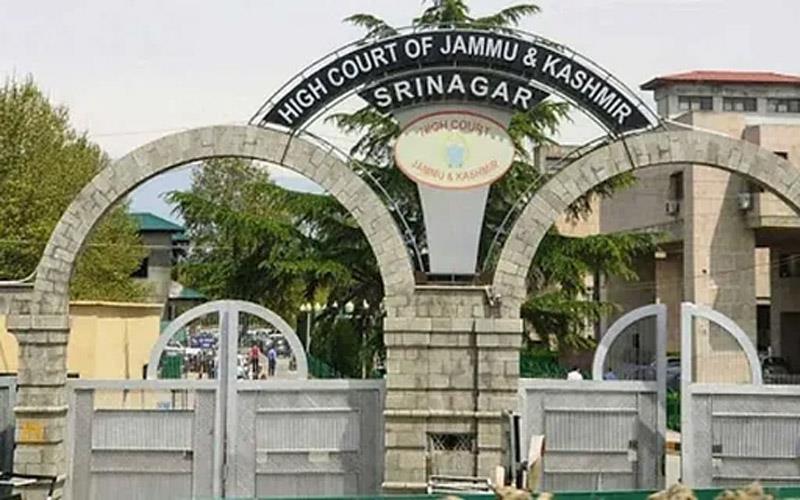HC directs creation of 334 judicial staff posts in 60 days
TNN Bureau. Updated: 11/19/2024 12:11:25 AM
Front Page

Jammu: Taking a stern stance on the prolonged delay in addressing the acute shortage of staff in the judiciary, the Jammu & Kashmir and Ladakh High Court has directed the Union Territory administration to complete the process of creating 334 posts within 60 days.
The directive came during the hearing of a petition filed by Joginder Singh, which highlighted the dearth of staff, pay anomalies, and limited promotional avenues for Law Graduate Readers in the High Court.
A Division Bench comprising Justice Atul Sreedharan and Justice Sanjay Dhar observed that the case, pending since 2017, had evolved from a plea for monetary benefits to an expansive issue concerning judicial infrastructure and staff requirements.
The bench noted that the staff shortage has become critical due to the increase in the number of judges from 14 to 25 over the years. The High Court had initially proposed creating 334 posts in 2014 and reiterated the requirement in subsequent years, but the government failed to take decisive action.
The Division Bench expressed dismay at the "laggardly and casual" approach of the UT administration, highlighting that bureaucratic delays and redundant comparisons with other High Courts, like those of Himachal Pradesh and Allahabad, had obstructed progress. The court firmly stated that the judiciary's staffing needs are not subject to executive discretion, emphasizing that such comparisons are both inappropriate and contemptuous.
In its observations, the court underscored the unique dual-wing structure of the Jammu and Kashmir High Court, which operates out of Jammu and Srinagar without a principal seat. This arrangement necessitates independent infrastructure and staffing at both locations, unlike other High Courts with principal and bench setups.
The court also criticized the government’s repeated use of the phrase “phased manner” without specifying a timeline for compliance. It warned the administration against forming committees to assess the judiciary's requirements, stating that such actions could lead to contempt proceedings.
This is not the first time the High Court has expressed frustration over the issue. In February 2023, it issued a strong order requiring compliance, but progress remained stalled. The court reiterated that staffing expenses must be met from the consolidated fund of the UT of J&K, with no approval required from the central government